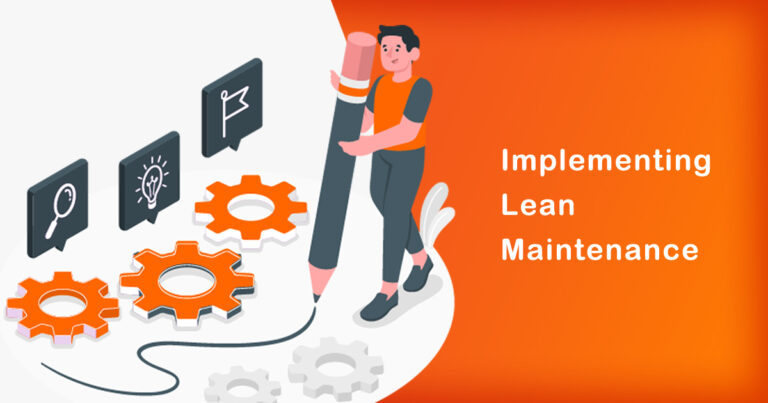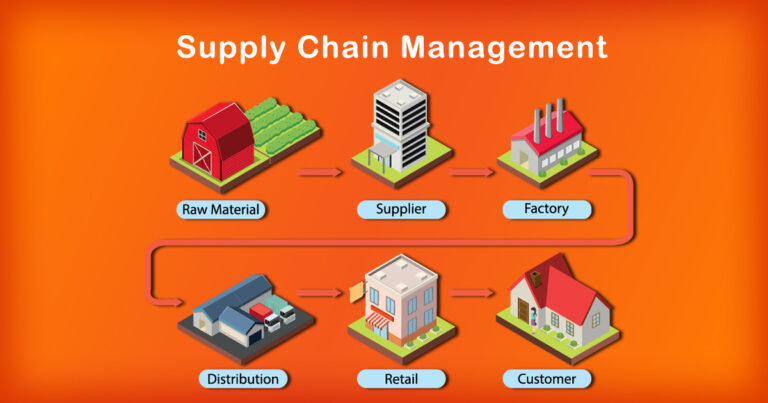Introduction
Reliability is one of the most critical aspects of any organization, regardless of its size or industry. It refers to the ability of a system or process to function without failure over time. Reliability team management is a crucial part of ensuring that an organization’s systems and processes remain reliable. In India, where the workforce is diverse and complex, managing a reliability team can be a challenge. In this blog post, we will discuss the best practices for reliability team management in India.
Best Practices for Reliability Team Management in India
1. Recruitment and Training
Recruitment is the first step in building a reliable team. It is crucial to identify the right talent for the job. When recruiting for a reliability team in India, it is essential to look for candidates with technical expertise and experience in the relevant field. Companies can also consider hiring fresh graduates who have completed relevant courses or certifications.
Once the team is in place, it is important to provide them with proper training. Regular training sessions will ensure that the team is up-to-date with the latest technologies and methodologies in the field of reliability.
2. Communication
Effective communication is critical to the success of any team, especially a reliability team. In India, where the workforce is diverse, communication can be challenging. It is crucial to establish clear lines of communication between team members, managers, and stakeholders. Regular team meetings and progress reports can help keep everyone on the same page.
3. Standard Operating Procedures
Standard Operating Procedures (SOPs) are critical for ensuring consistent and reliable performance. In India, where the workforce is diverse, SOPs can help ensure that everyone is following the same processes and procedures. It is important to ensure that SOPs are regularly reviewed and updated to reflect changes in the industry and organization.
4. Performance Metrics
Performance metrics are essential for measuring the success of a reliability team. In India, where the workforce is diverse, it is important to establish metrics that are fair and equitable. This can help ensure that team members are motivated to perform at their best. It is crucial to ensure that performance metrics are aligned with the organization’s overall goals and objectives.
5. Continuous Improvement
Continuous improvement is a critical aspect of reliability team management in India. It is essential to ensure that the team is constantly looking for ways to improve their processes and procedures. Regular reviews and assessments can help identify areas for improvement. It is important to ensure that the team is open to feedback and willing to make changes based on that feedback.
Research and Facts
According to a report by the Confederation of Indian Industry (CII), India is expected to see a significant increase in demand for reliability engineering services in the coming years. The report states that this demand will be driven by the growing focus on quality and reliability across various industries, including manufacturing, automotive, and aerospace.
The CII report also highlights the need for a skilled and experienced workforce to meet this demand. It recommends that companies invest in training and development programs to ensure that their reliability teams have the necessary skills and knowledge.
Another report by Deloitte India highlights the importance of reliability in the manufacturing industry. The report states that the increasing complexity of manufacturing processes has made reliability a critical factor in ensuring product quality and customer satisfaction.
Conclusion
Reliability team management is a critical aspect of ensuring the success of an organization in India. By following the best practices outlined in this blog post, companies can build a reliable team that can help ensure consistent performance and product quality. Investing in recruitment, training, communication, SOPs, performance metrics, and continuous improvement can help organizations stay ahead of the curve and meet the growing demand for reliability engineering services in India.








